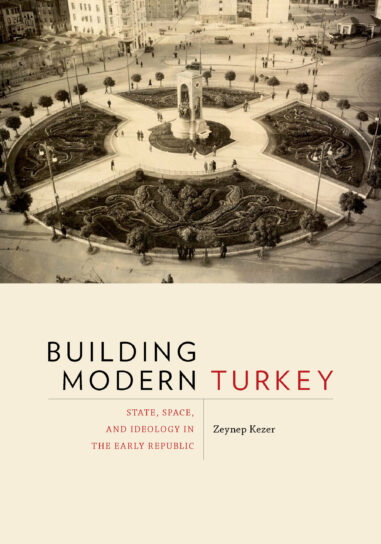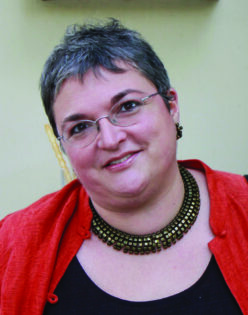

Paperback $55.00
Request Exam or Desk Copy. Request Review Copy
Building Modern Turkey
State, Space, and Ideology in the Early Republic
Zeynep Kezer's broad and critical study focuses on the building of the new Turkish republic in the 1920s and 1930s. Hers is a literal use of the term 'built' in the sense that she shows how the space that was left behind from the Ottoman Empire was reorganized completely in this period. She does a very good job of showing how this rebuilding was a sustained effort at erasing the traces of the old society and culture. We have here a truly original contribution to the history of modern Turkey.

